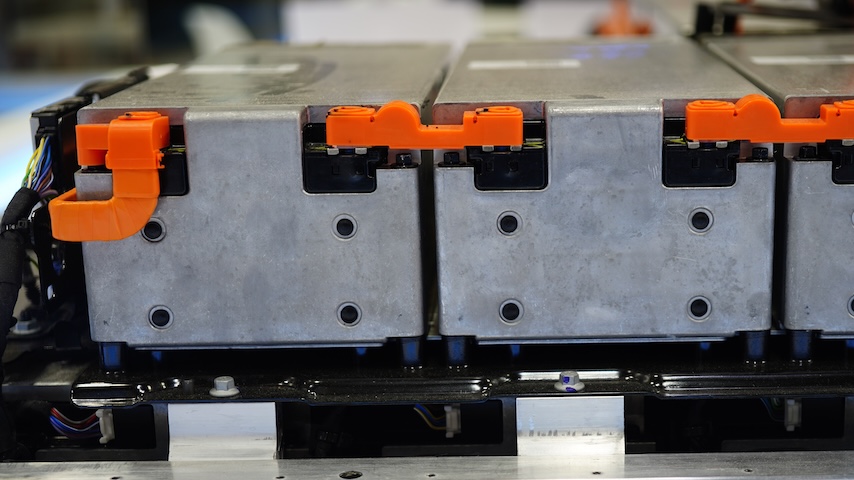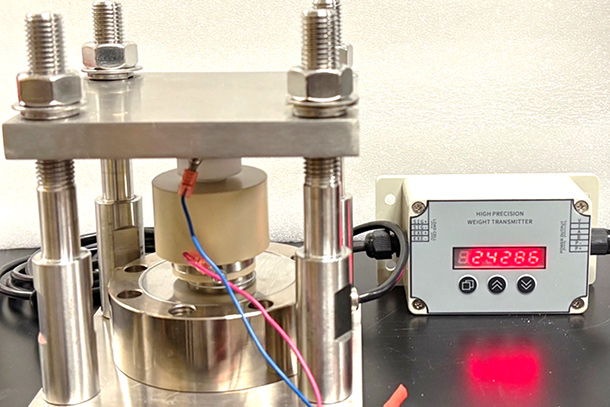House Committee on Energy and Commerce Holds Hearing on COVID-19’s Disproportionate Impact on Environmental Justice Communities
House Committee on Energy and Commerce Holds Hearing on COVID-19’s Disproportionate Impact on Environmental Justice Communities
The House Committee on Energy and Commerce recently held a hearing on “Pollution and Pandemics: COVID-19’s Disproportionate Impact on Environmental Justice Communities.” The Committee held the hearing to consider how the COVID-19 pandemic is highlighting and further amplifying the effect environmental pollutants have on minority and low-income communities. During the hearing, Committee members heard from expert witnesses whose testimonies underscored the effects that climate change and COVID-19 have on environmental justice, as well as steps that Congress can take to combat these issues moving forward.
People living in communities that are disproportionately exposed to pollution are more susceptible to contracting COVID-19. Pollution is known to weaken and compromise immune systems as well as cause lung damage, both of which make an individual more likely to be affected by COVID-19. According to the testimony from Jacqueline Patterson—Senior Director, Environmental and Climate Justice Program, National Association for the Advancement of Colored People—black and Latino Americans are typically exposed to 56% and 63%, respectively, more PM2.5 pollution than they produce through consumption and daily activities. This can be compared to non-Hispanic white Americans, who are typically exposed to only 17% pollution that they produce. These factors have led to an increase in the rate of infections in susceptible communities.
There are many steps that Congress can take to help close the gap on these injustices. Mustafa Santiago Ali, Vice President of the National Wildlife Federation, stated that moving forward, “we can lessen the impact on our communities and on our planet with a just and equitable transition from fossil fuels, where no one gets left behind and we lower the emissions that are playing a role in COVID-19 impacts.” Patterson also gave suggestions for moving forward by stating how frontline communities must take the lead in designing and implementing the solutions and gave examples of what communities are currently doing. These include demanding reinstatement and strengthening of environmental regulations; doing their own testing and monitoring of air, water, and soil quality; calling for stronger regulations on household projects; and a more inclusive Toxic Release Inventory.
The hearing and testimonies can be found at: https://energycommerce.house.gov/committee-activity/hearings/hearing-on-pollution-and-pandemics-covid-19s-disproportionate-impact-on.







